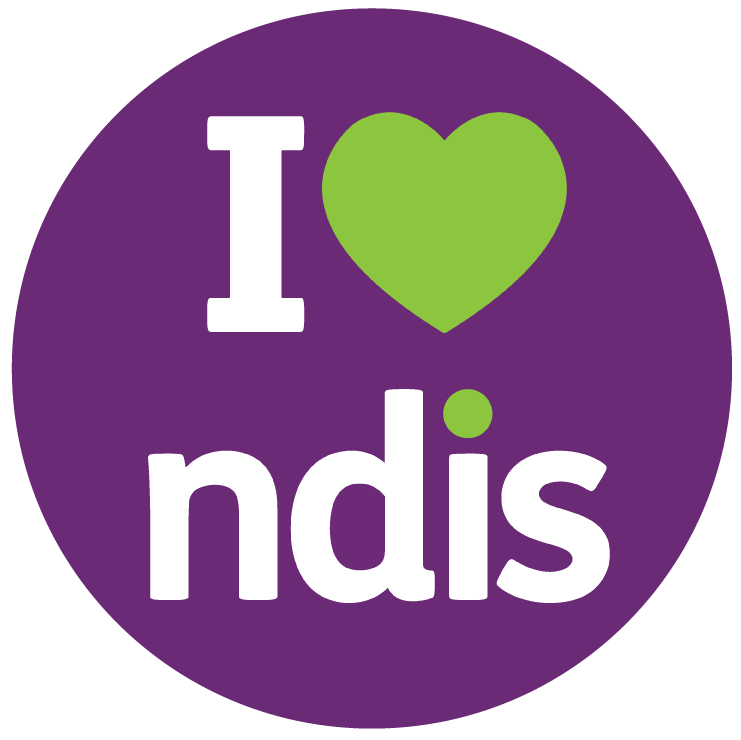One of the biggest challenges participants face is making sure their NDIS funding lasts for the entire plan period. Without proper planning, some people end up overspending NDIS funds, leaving them without enough support later in the year. This can cause unnecessary stress and limit access to essential services.
At Axial Plan Management, we help participants understand their budgets and track spending so their funding works effectively for the full duration of their plan.
Why Overspending Happens
Overspending often occurs because of:
- A lack of clear budgeting and tracking systems
- Confusion about how categories work
- Unexpected expenses
- Overcommitting to too many services early in the plan
Understanding these risks helps participants take control of their budgets before problems arise.
The Consequences of Overspending
Spending too quickly can create serious challenges, such as:
- Running out of money for essential services
- Reducing your ability to meet long-term goals
- Creating stress when plan reviews come up
The good news is that careful management and consistent monitoring can prevent these outcomes.
Set Goals to Guide Your Spending
A simple way to avoid overspending NDIS funds is to set clear goals for your plan. Every support you use should connect back to one of your goals, whether it’s increasing independence, building social connections, or improving daily living skills.
Goals act like a roadmap, helping you focus on what matters most. This ensures your budget is spent wisely rather than being used up on supports that don’t add real value.
To see how the NDIS structures funding around goals, explore our guide on funding.
Track Spending Regularly
Many participants wait until the end of the quarter to review their budgets. By then, it may be too late to make adjustments. Instead, monitor spending regularly. You can do this by:
- Reviewing monthly statements
- Keeping personal notes on services used
- Checking progress against each budget category
Working with plan management makes this easier, as plan managers provide clear reports to show where your money is going.
Understand Your Budget Categories
Each NDIS plan is divided into categories: core, capacity building, and capital. Overspending often occurs when participants confuse these categories or use them incorrectly.
For example:
- Using core supports for services that belong in capacity building may leave you short later.
- Requesting high-cost items without planning for the impact on your capital budget may create gaps.
By understanding the categories, you can manage your money in line with the NDIA’s rules and avoid costly errors.
Be Selective With Services
It’s tempting to say yes to every new service, but not all of them will be essential. Before agreeing to a new provider, ask:
- Does this service support one of my goals?
- Will it impact my ability to pay for other priorities later?
- Is it sustainable for the length of my plan?
Being selective helps you stay in control and prevents your budget from running out too quickly.
Communicate Clearly With Providers
Another reason people end up overspending NDIS funds is unclear agreements with providers. Always make sure you know:
- The hourly rate being charged
- How many hours are included in the agreement
- What cancellation policies apply
This avoids surprises and ensures your plan remains balanced.
Plan Ahead for Reviews
Overspending doesn’t just affect your current plan — it may also influence future reviews. If you run out of funds too early, the NDIA may interpret this as poor management rather than a sign you need more support.
Accurate tracking and planning show the NDIA that you’re managing responsibly, which helps when negotiating future plans. For more on this, see our section on About Us to understand how our expertise supports participants long-term.
The Role of Plan Managers
Working with a plan manager provides extra protection against overspending. Their role includes:
- Processing invoices quickly and correctly
- Sending regular financial statements
- Alerting you if you’re spending too quickly
- Offering advice on how to use your categories effectively
This level of oversight helps participants stay on track and feel more confident about their plan.
Practical Tips to Stay in Control
- Review statements every month, not just once per year.
- Match spending with your personal goals.
- Confirm provider charges before starting services.
- Avoid unnecessary supports that don’t align with your plan.
- Use professional help when you’re unsure.
These habits can help you stay organised and prevent stress.
FAQs – Overspending NDIS Funds
What happens if I overspend my NDIS budget?
You may run out of money for important services before your plan ends.
Can funds be moved between categories?
Core funding is flexible, but capacity building and capital are more limited.
How can I track my spending?
Through monthly statements and personal records, or with the help of a plan manager.
Do plan managers cost extra?
No, the NDIA provides separate funding for plan management.
Conclusion
Avoiding overspending NDIS funds is about planning ahead, tracking regularly, and making smart choices with your supports. By linking spending to your goals and working closely with providers, you can keep your funding under control and achieve better outcomes.
Axial Plan Management is dedicated to helping participants manage budgets with confidence and clarity.
To learn more about our services and team, visit the About Us page.
If you’re ready to get expert help in managing your plan and reducing financial stress, connect with us through the Contact Us page today.


